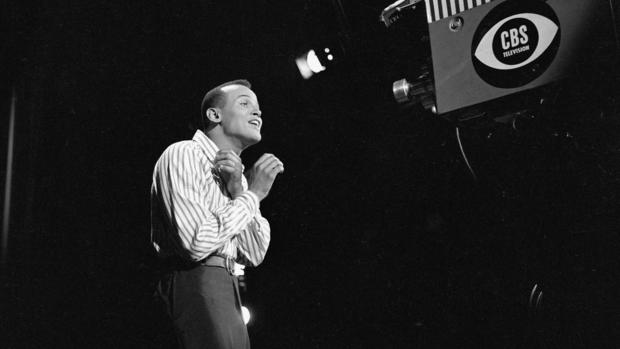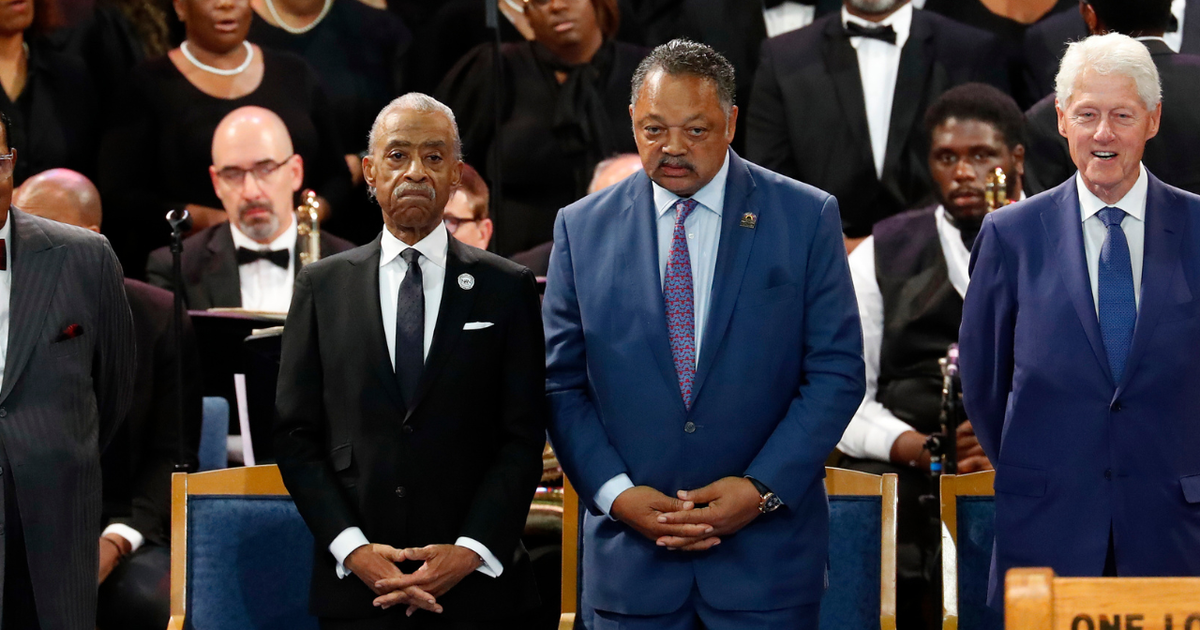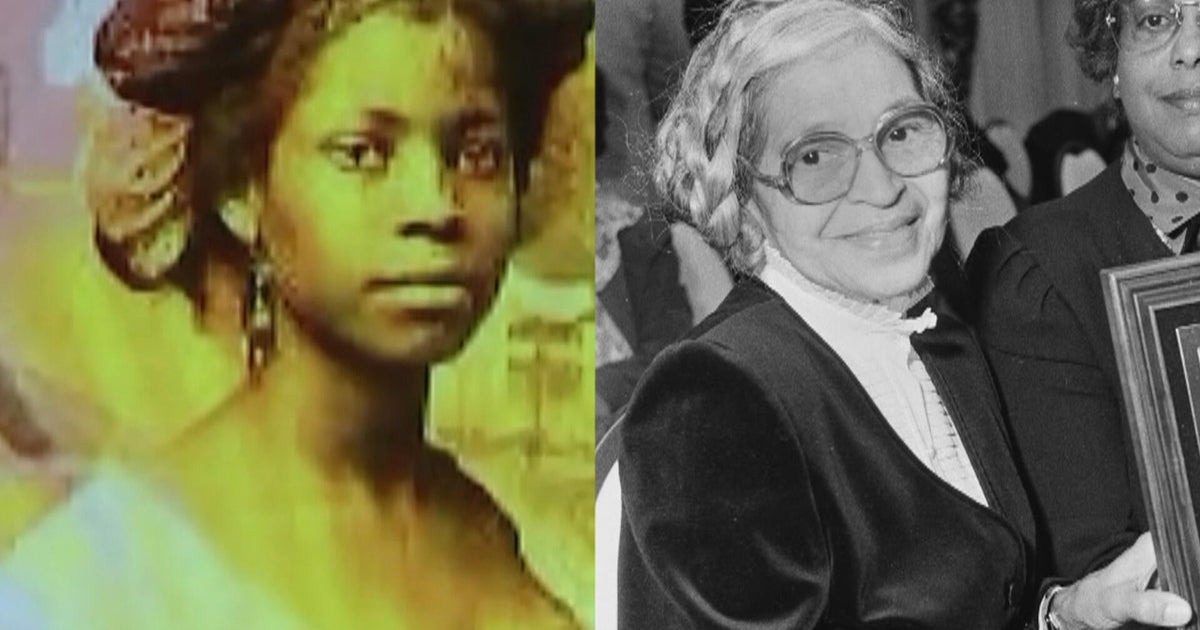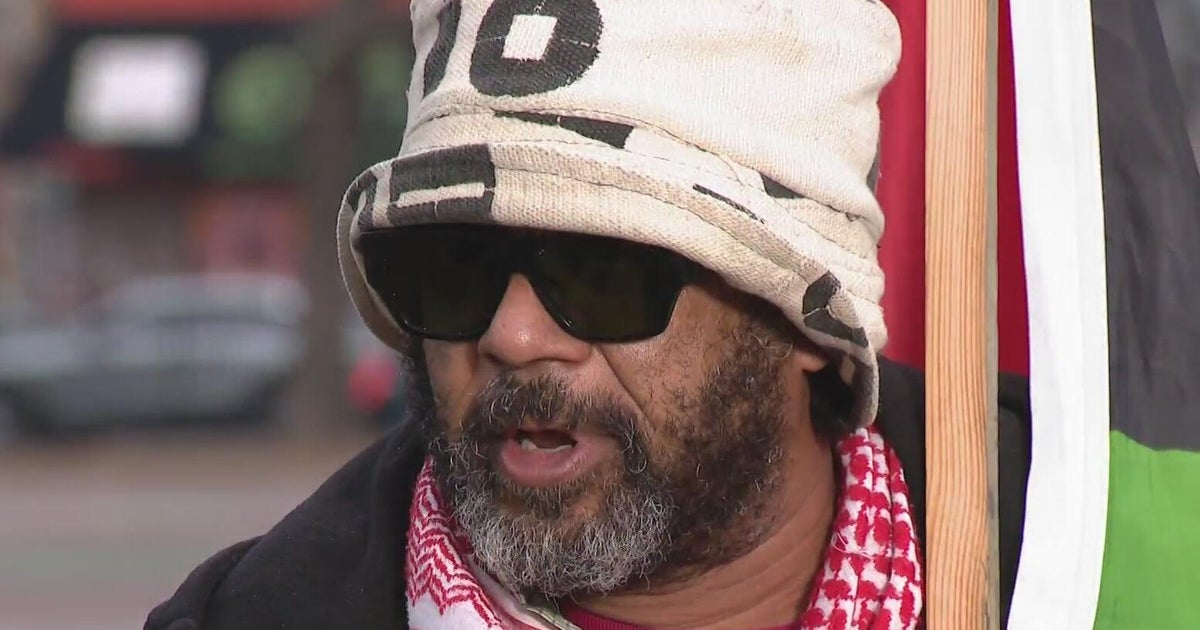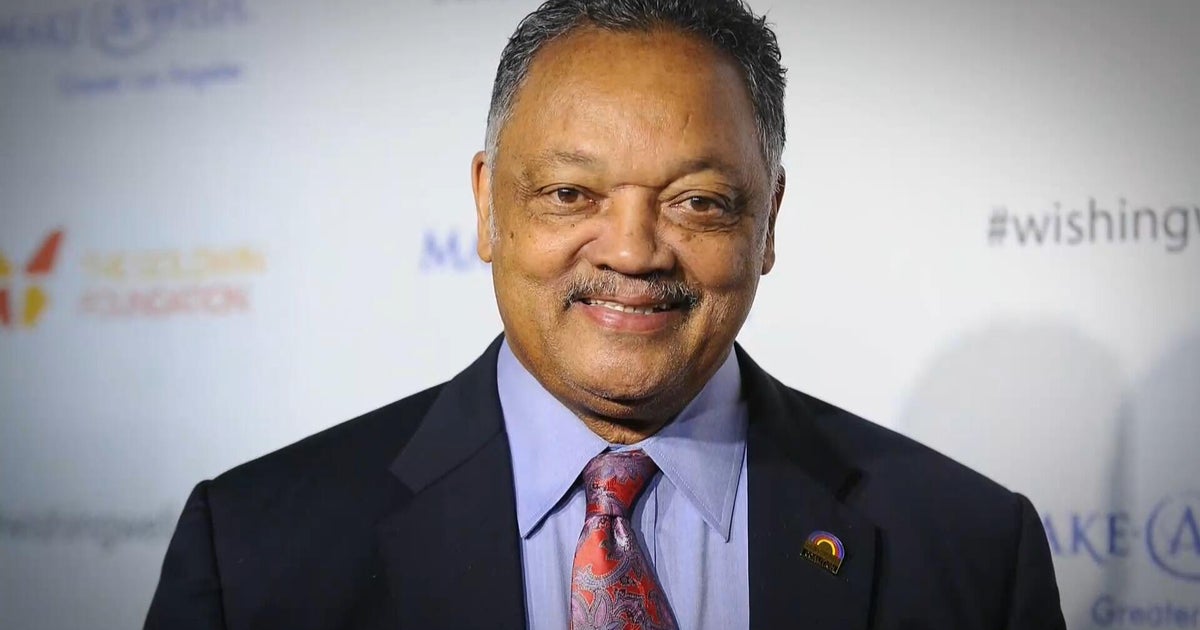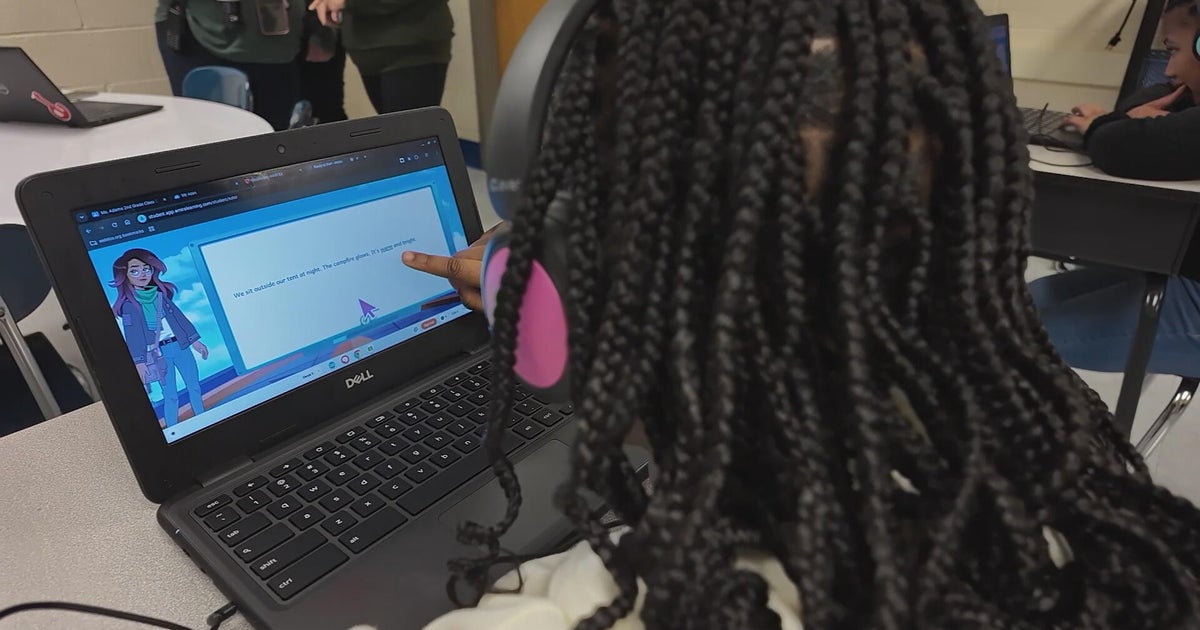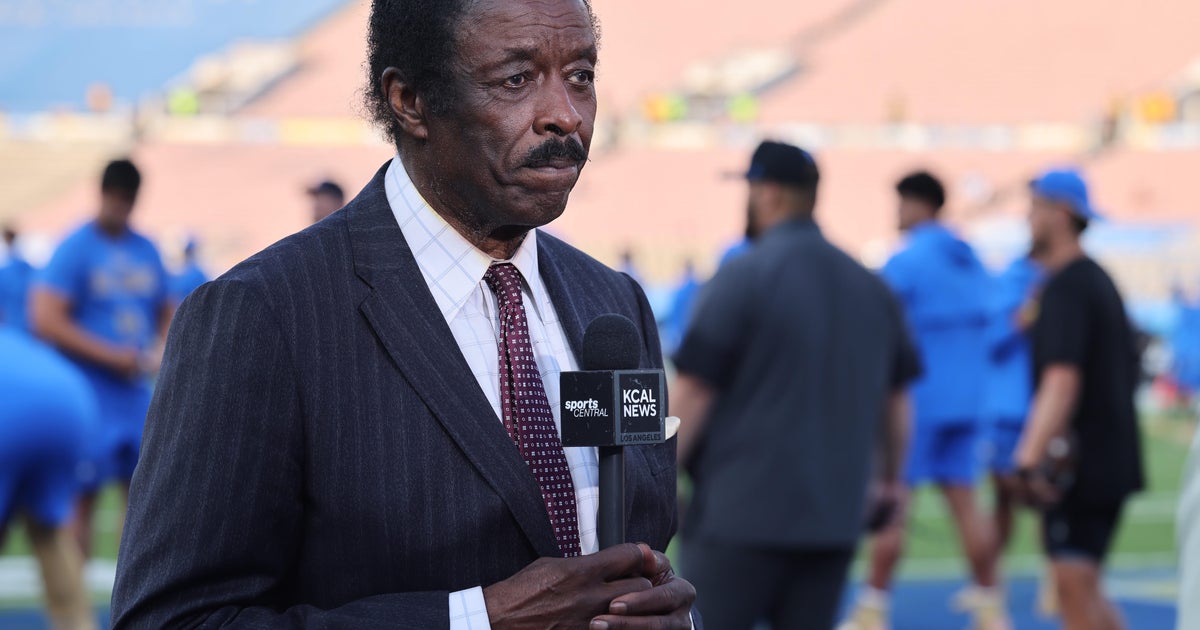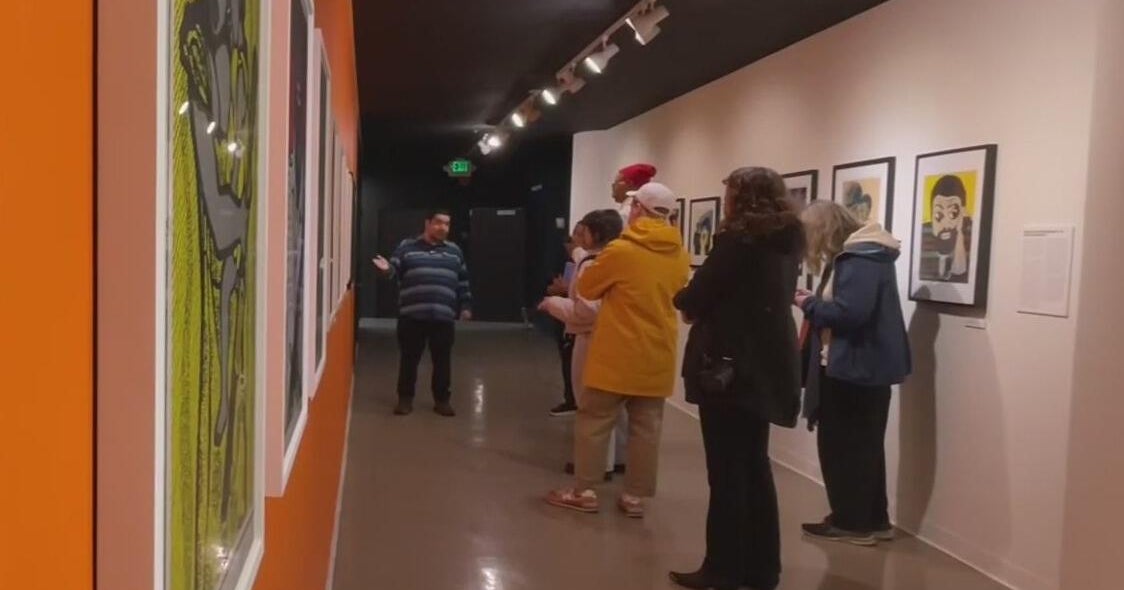Harry Belafonte remembered as "extraordinary artist, giant of the civil rights movement, and incredible New Yorker"
NEW YORK - Harry Belafonte, the entertainer and civil rights activist, has died.
After a successful acting and singing career, Belafonte really discovered his voice. He used his fame as a platform for change.
His iconic "Banana Boat" song set him on a journey to stardom.
The 1956 album "Calypso" is in the Library of Congress' National Recording Registry. Belafonte sang of struggles for laborers in Jamaica, where he spent some of his child. As he told CBS News in 2018, the song had a special place in his heart.
"Most of my family in the Caribbean, in Jamaica, were plantation workers," he told Vladimir Duthiers. "Singing was a big part of the culture. It helped with the tediousness of working in the sun."
With a smooth baritone voice, Belafonte was the first recording artist to sell more than one million albums - a significant milestone during segregation.
Belafonte was born in Harlem in 1927 and grew up on 114th Street. He served in the U.S. Navy during WWII. After the military, he returned to New York City and took a job as a janitor's assistant.
A tenant gave him two tickets to see a play at the American Negro Theater, which was in the basement of the Schomburg Library in Harlem. It would change his life.
"I looked and saw players on the stage in the basement of a library in Harlem saying things and doing things that just absolutely overwhelmed me," he said. "Young artists Ossie Davis and Ruby Dee were two of the performers that I saw."
Belafonte would meet Sidney Poitier, and they would become lifelong friends. Belafonte said it was the theater that shaped his sense of purpose.
"I was an activist before I was an artist. But it was in looking at the world of art and what I discovered in this theater that I found a place where my activism could be nourished," Belafonte said.
Watch Dana Tyler's report
The actor made his Broadway debut in 1953's "John Murray Anderson's Almanac," and won a Tony Award for Best Featured Actor in a Musical.
That same year, Belafonte got his first movie role in "Bright Road," opposite Dorothy Dandridge. The next year, the two appeared on screen again in "Carmen Jones."
In 1960, the entertainer won a Grammy award for Best Folk Performance, and that same year he would win a primetime Emmy award for Outstanding Performance in a Variety Series. Belafonte was just getting started.
But there were rough times, too. He was blacklisted during the McCarthy era, accused of being a communist. He said the accusations put a strain on his first marriage to Marguerite Byrd. They divorced after nine years, and in 1957 he married dancer Julie Robinson.
But art and activism would be his life and legacy. He was close friends with Dr. Martin Luther King, Jr. and spoke at the 1963 March on Washington.
Whether speaking to politicians or a pope, Belafonte was passionate about the fight for justice for all.
In 1987, activist Belafonte was named a Goodwill Ambassador for the United Nations Children's Fund, and in 2014 he received an honorary Oscar for his humanitarian work.
The 115th Street branch of the New York Public Library was renamed in his honor in 2017.
"I've done a lot it my life, but this particular ceremony has deeper resonance and deeper resonance and deeper meaning than I think many of you would realize," Belafonte said.
Belafonte's last big screen appearance was 2018 in Spike Lee's "BlacKkKlansman."
Gov. Kathy Hochul remembered Belafonte as "an extraordinary artist, a giant of the civil rights movement, and an incredible artist."
"Harry Belafonte didn't just speak truth to power, he shouted it, he sang it, he made people listen to that truth," Mayor Eric Adams wrote on Twitter. "This great son of Harlem leaves behind a legacy in the arts and in civil rights that has changed the world for the better. He will be truly missed."
"When I was a child, [Harry Belafonte] showed up for my family in very compassionate ways. In fact, he paid for the babysitter for me and my siblings," Bernice King wrote on Twitter.
"We just have to thank God that we had Harry Belafonte for 96 years. He inspired me so much personally, he became a friend of mine the last 10 years or so. We spent some private together. I learned at his feet, basically," said singer John Legend. "If you think about what it means to be an artists and an activist, he was the epitome of that."
Mia Farrow remembered Belafonte as a "beautiful singer, brilliant and brave civil right rights activist, a deeply moral and caring man."

